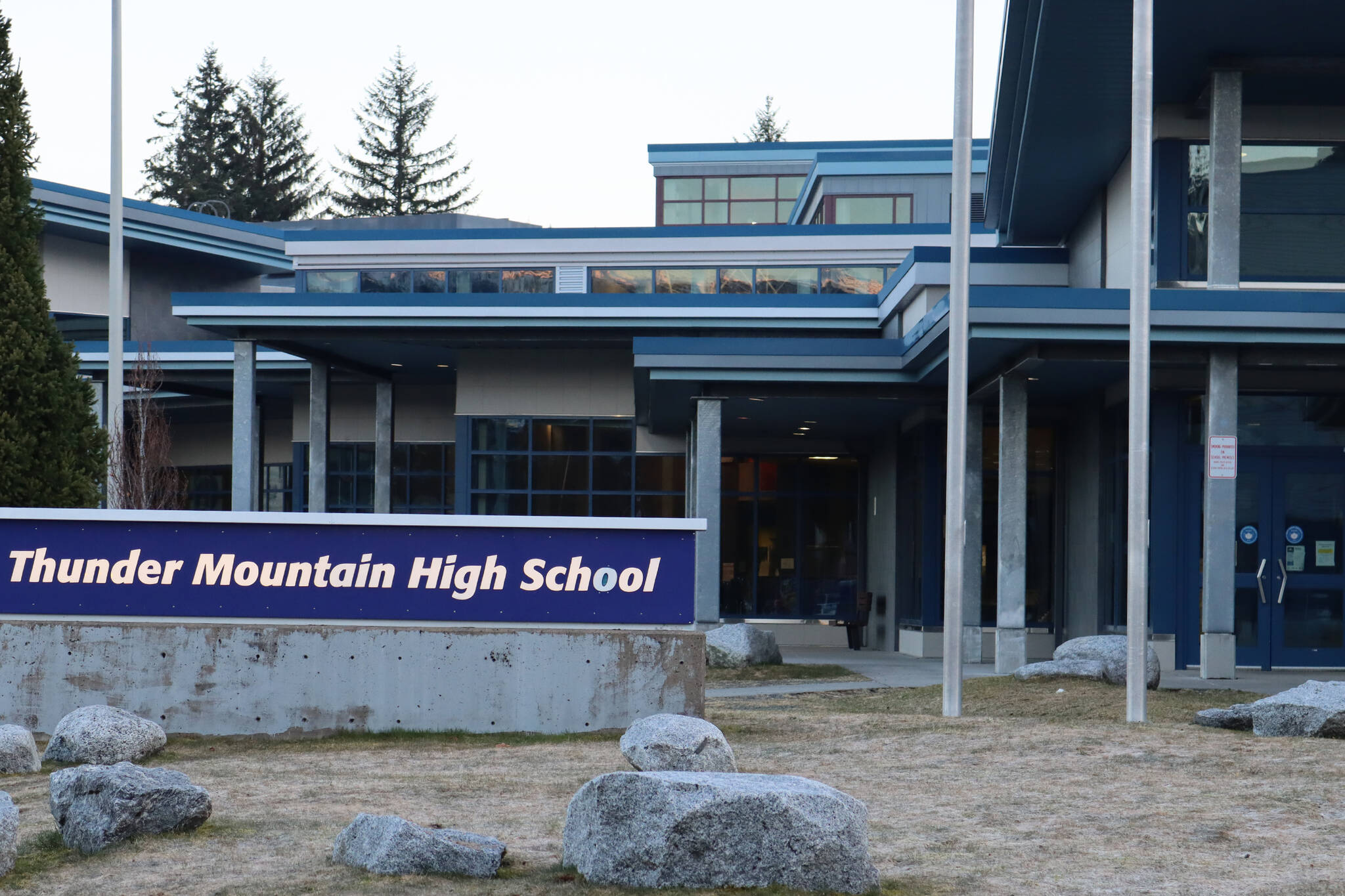Count participation in the Performance Evaluation for Alaska’s Schools assessment tests as one of the many areas affected by distance learning and the COVID-19 pandemic.
Traditionally, most of Alaska’s students in grades three through nine take the exams each spring.
According to a news release from the Department of Education and Early Development, only about 64% of Alaska’s eligible students took the tests in 2021. As a result of the low participation, DEED cautions against comparing 2021 PEAKS data to previous years at the statewide level.
Local participation lags
In Juneau, the number of students who participated was even lower.
According to DEED’s website, across all grades, 61.39% of Juneau’s students participated in the English Language Arts portion of the test and 60.26% participated in the mathematics assessment.
“We did not have a high participation rate,” said Ted Wilson, director of teaching and learning support for the district, in a phone interview this week. “Lots of students who were virtual did not come in to be assessed.”
Wilson said that about 95% of Juneau’s students sit for the exams in a typical year.
School officials administered the tests between March 29 and April 30. During that window, only a portion of students attended school in person, and overall in-person attendance options were restricted due to COVID-19 mitigations.
Juneau schools add COVID-19 mitigation layers
A look at the data
Across all grades, 44.21% of Juneau’s students were deemed advanced or proficient in English Language Arts, and 32.55% of the students were found to be advanced or proficient in math.
Across grades statewide, 39.5% of Alaska’s students were deemed advanced or proficient in English Language Arts and 32.38% earned that designation for math.
Locally, proficiency levels grew in the higher grades. Among ninth graders, 56.57% were advanced or proficient in English Language Arts, and 46.15% were deemed advanced or proficient in math.
However, participation among ninth graders fell to 52.41% for the language portion of the test and to 46.69% for the math portion.Statewide, 36.22% of ninth graders were deemed advanced or proficient in English Language Arts and 30.69% earned that designation in math.
Dividend payments expected in 30 days
“We see students get more successful with the assessments as they get older,” Wilson said. “We do expect them to get stronger as they move through our system because we work really hard at the elementary level for those who need additional support. As students get into fifth grade and middle school, you see those efforts.”
A full report for the district and individual schools is available on DEED’s website at https://education.alaska.gov/assessments/results/results2021.
Parents will receive student-level reports by Sept. 30.
Using the findings
Wilson said that because of the low numbers of participants, school leaders will use the testing data to support individual students rather than draw more sweeping conclusions.
“We can’t take anything systematically out of the data,” Wilson said. “But, we can look at individual scores and compare it to other data like grades and things this fall,” he said.
In addition, Wilson said that looking at individual data is helpful because it can help guide instruction.
Wilson said the district is keeping a watchful eye on the cohort of students in kindergarten and first grade as they move into the testing window in third grade.
“Lots of students came in with limited access to instruction last year. We know those students will have a lot of work to do,” he said.
• Contact reporter Dana Zigmund at dana.zigmund@juneauempire.com or 907-308-4891.

